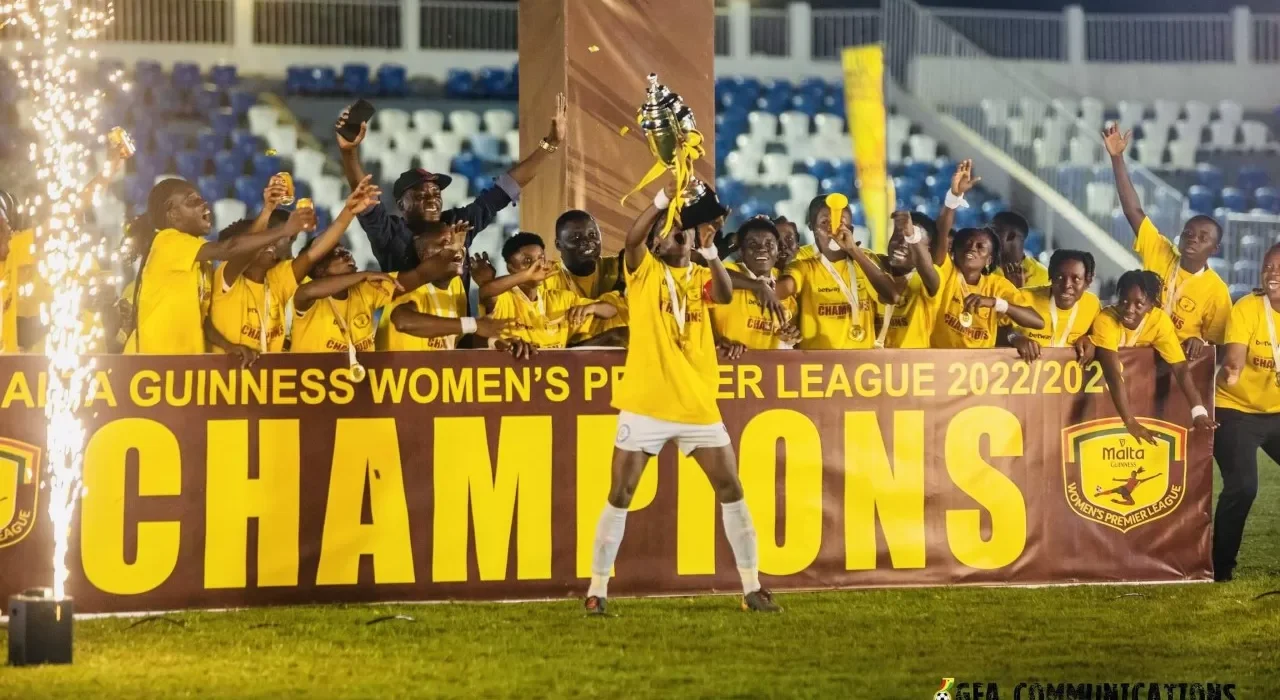Football, or soccer as it’s known in some parts of the world, is not just a game; it’s a passion that unites people globally. The thrill of victory and the agony of defeat are all part of the beautiful game. However, amidst the fierce competition and quest for glory, there lies a fundamental truth that cannot be ignored – the value of life above all else.
In a recent interview, Dr. Kwame Kyei, a respected figure in the football community, emphasized this crucial aspect by stating,
“The lives of the fans and players are more precious than the three points.”
These words carry significant weight in an industry where winning often overshadows everything else.
Dr. Kyei’s sentiment reflects a deeper understanding that goes beyond the final scoreline. It speaks to the responsibility that clubs, officials, and stakeholders have towards ensuring safety and well-being both on and off the pitch. While victories may bring momentary joy, it is essential to remember that they should never come at the cost of human lives.
As we delve further into this topic, it becomes evident that discussions around player welfare, stadium security, and emergency preparedness are more critical now than ever before. With millions of fans attending matches worldwide and players pushing their physical limits week in and week out, creating a safe environment must be a top priority.
Experts in sports medicine highlight the need for stringent protocols to prevent injuries and mitigate risks during games. This includes regular medical screenings for players, proper training techniques to avoid accidents on the field, and immediate access to medical assistance in case of emergencies.
Moreover, stadium safety regulations play a pivotal role in ensuring that spectators can enjoy matches without fear for their well-being. From crowd control measures to evacuation procedures, every detail contributes to creating a secure setting where everyone can experience the magic of football without compromise.
In light of recent incidents where fan altercations or structural failures have resulted in tragedies within stadiums across different countries, there is growing awareness about enhancing safety standards at sporting events. Drills simulating various scenarios help teams and authorities prepare for unforeseen circumstances so that quick actions can be taken when required.
Beyond physical safety concerns lie mental health considerations for both players and supporters. The pressures of performing at elite levels combined with intense scrutiny from fans and media outlets can take a toll on individuals involved in football. Recognizing these challenges is crucial in offering support systems that promote overall well-being within the sport.
Dr. Kyei’s statement serves as a reminder that while winning is undoubtedly important in competitive sports like football, preserving lives must always take precedence. As clubs continue to strive for excellence on all fronts – be it performance on the field or standards off it – valuing human life remains non-negotiable.
In conclusion; Football is more than just a game; it is an embodiment of unity,
passion,
and camaraderie.
It brings communities together,
creates lifelong memories,
and inspires generations.
But above all,
it must prioritize one fundamental principle:
the sanctity
of human life
above trophies
or accolades.
Dr.
Kwame Kyei’s words echo this sentiment loud
and clear:
“The lives
of
the fans
and players are more precious than
the three points.”
May his wisdom guide us as we navigate
the thrilling yet unpredictable journey
that football takes us on –
reminding us always
that our greatest victory lies not
in lifting silverware but safeguarding each other’s well-being along
the way.

